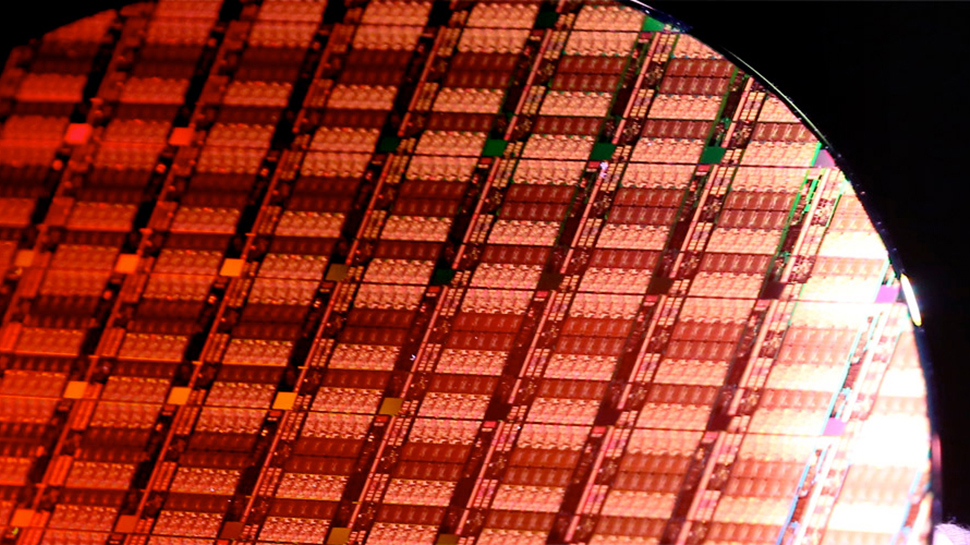
The European Union has agreed on the plan to invest €43 billion ($47 billion) in its semiconductor sector in a bid to significantly increase production of chips locally and bring in advanced fabrication processes to its member countries. The move is also designed to build up the local semiconductor supply chain and avoid chip shortages for important sectors such as automotive.
"We have a deal on EU #ChipsAct," Thierry Breton, European Commissioner on internal markets tweeted. "In a geopolitical context of de-risking, Europe is taking its destiny into its own hands. By mastering the most advanced semiconductors, EU will become an industrial powerhouse in markets of the future."
Nowadays only around 10% of chips produced globally are made in the European Union. Meanwhile, most of the chips for EU's automotive, IT, and telecom industries are made outside of Europe, which creates challenges for companies like Ericsson, Volkswagen, and Nokia. The European Chips act is designed to increase the share of chips produced in the EU to 20% (by value) by 2030.
One of the things that the European Union is particularly concerned about is that all advanced processors, such as those that power world's fastest supercomputers (including Finland's Lumi, the most powerful supercomputer in Europe) are made either in the U.S., Taiwan, or South Korea. The European Chips Act is designed to lure chip manufacturers with leading-edge process technologies to the bloc.
Meanwhile, it's not just leading producers who will get money from the EU. While originally the European Commission suggested financing solely state-of-the-art fabs, by now EU authorities and legislators have expanded the range to encompass the entire value chain, incorporating mature chip production and research and development centers, reports Reuters.
"The European vision to double our global market share by 2030 to 20%, and produce the most sophisticated and energy-efficient semiconductors in Europe, is already attracting substantial private investment," Breton said in a statement published by Bloomberg. "Now we are mobilizing considerable public funding and the regulatory framework to turn this vision into reality."
In the past, year EU member countries have already done quite a lot to attract leading chipmakers. Intel will continue to use its most advanced production nodes at its Ireland fabs and will build an all-new production campus in Germany, where it will make its most advanced processors.
"We have a Chips Act," said Margrethe Vestager, Executive Vice-President of the European Commission for a Europe fit for the Digital Age, in a Twitter post. "We need chips to power digital and green transitions or healthcare systems. Lots of promise and a lot of day-to-day convenience. Today's Trilogue agreement boosts EU capacity to produce our own chips. And to be a partner in the global chips supply chain."
By now, all major chip producing countries, including Taiwan, South Korea, Japan, and the U.S., have either legislated their semiconductor funding laws, or are about to pass them. As a result, it's not going to be easy for EU to catch up with the market leaders.







